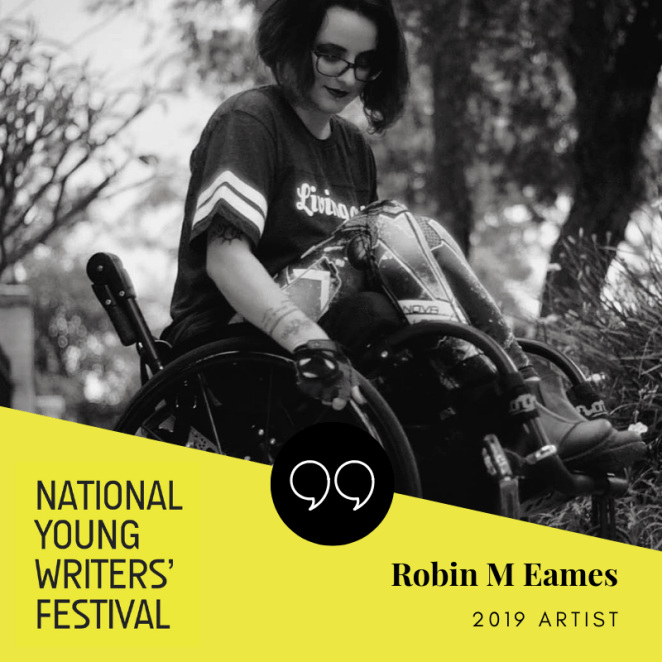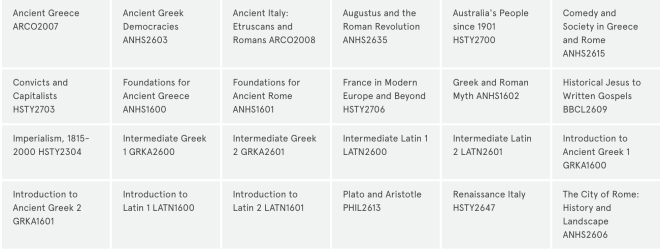On FB: here
Shareable link: here
Disabled people are always disproportionately affected by coronaviruses. Our community possesses valuable knowledge and skills that are direly relevant toward the formulation of an effective community response to the current pandemic. Our survival strategies are now the survival strategies of the entire population. We are already familiar with effective hand washing techniques, social distancing whilst sick, and navigating overloaded hospital systems. For many of us, flu season is an annual crisis that the community at large is ill equipped to handle. We know how to respond to COVID-19 because we do this every year.
Over the past weeks, much of the institutional, medical, media, and activist response to the COVID-19 outbreak has been informed by an underlying rhetoric of eugenics. This rhetoric positions disabled and elderly people as expendable and disposable. The logic of eugenics is the logic of capitalism: those who do not possess productive worth are considered worthless. It should go without saying that this is unacceptable, not only because every life has inherent worth but because ranking members of a community by perceived value is detrimental to everyone. We should not have to point out that disabled people are valuable, or that the sacrificial reasoning of eugenics would have robbed the world of great minds like Albert Einstein, Stephen Hawking, and Frida Kahlo. We should not have to argue that we are capable of greatness, because the most profoundly ordinary disabled person still deserves to live as much as anyone else. A society where only the fittest survive is a society that has lost what it means to be human.
Positioning disabled people as inevitable casualties of COVID-19 strips our community of agency and obscures the structures that inhibit our survival. Crucially, it also ignores the valuable insights of a group of people more equipped than any other to understand and effectively respond to medical crises. We have had to develop networks to deal with financial precarity and lost working hours due to illness; nearly 40% of Australians living in poverty are disabled. We have had to fight for healthcare access in medical systems that are overcrowded, understaffed, and held hostage by the indifference and cruelty of capitalism, leading to the systems themselves becoming indifferent and cruel. We have kept each other alive through trauma and isolation. We have been fighting for each other because nobody else will.
Medical institutions hold a dominant position within capitalism and are often complicit in structures of marginalisation. Uncomplicated narratives of hospitals being places of healing ignore the real harm that capitalist, eugenicist and neoliberal logics are causing within them every day. It is incredibly important that we begin working towards a community based approach towards health, which takes advantage of the science, but also gives people agency and allows them to access care on their own terms. We note that the Royal Commission on the abuse and neglect of disabled people has been suspended. This has been done at a time in which exposing the harsh cruelties and realities of being a disabled person in this country has never been more important.
University bureaucracies around the country are struggling to respond effectively to closures and online access requirements. These requirements have always existed for disabled people, and if equitable access for disabled students and staff existed already then we would not be in this situation now. We are bitterly aware that the measures being implemented in response to the pandemic are measures that disabled people have been organising towards for decades, and that we have been consistently denied.
Our needs are your needs. We need testing centres and social distancing. We need medical infrastructure, ventilators, and widespread adoption of hygiene protocols. We need effective containment protocols rather than half-hearted measures attempting to flatten an impossible curve. We need systems of community support, mutual aid, and home nursing care, without exploiting the unpaid labour of informal caregivers, but also without prioritising institutional responses over community responses. We need immediate and widespread reforms to welfare and the NDIS, so that people do not die simply because they cannot afford the supports and resources they need to live. We need to avoid authoritarian measures that reinforce military and police powers at the expense of ordinary people. We need to avoid punitive measures like outrageous fines, but instead work towards a social provisioning of needs, such that vulnerable people do not feel compelled to break self-isolation requirements to access the basic necessities of life. We need sick leave and eviction freezes. We need to commit ourselves to anti-racism, to explicitly reject the blame, hatred and violence being directed against Chinese people, and to recognise and dismantle the colonialist structures causing disparate health outcomes for Indigenous people. We need the many fierce voices of the disability community, exhausted by years of silence enforced by the paternalism of those who claim to be fighting for justice, to be elevated and heard. We need to understand that “the vulnerable” includes all of us, because nobody is invulnerable. We need to be interdependent, because nobody is independent. We need to build a community that cares for its own; we need love and solidarity, and we need to give a shit about each other.
This is not a complete list of demands. The two people writing this statement are both considered “high risk”; if either of us catch COVID-19 it is very likely that we will experience severe complications or die. We are not representative of all disabled people, nor of all the people worst affected by the outbreak. Pandemics work along vectors of marginality, and other “high risk” groups include people in prison, people in institutions and group homes, elderly people, and Aboriginal and Torres Strait Islander people. An effective community response requires consultation with the entire community. This statement is a necessarily incomplete component of an ongoing conversation.
Disabled people make up around a fifth of the general population, and around half of Aboriginal and Torres Strait Islander communities. We are not an irrelevant fraction of society; we are not identifiable on sight; we are not inherently separated from the non-vulnerable population; we are not all neatly contained in hospitals or institutions (and those of us who are hospitalised and institutionalised are even more disempowered). We live among you. We live in the world and we want to continue living in it. The responsibility for effectively responding to this pandemic belongs to the entire community, not just for our survival, but for the survival of the community itself.
Signed,
The University of Sydney Disabilities Collective
Margot Beavon-Collin, 2020 Disabilities Officebearer
Robin Eames, 2018 Disabilities Officebearer


